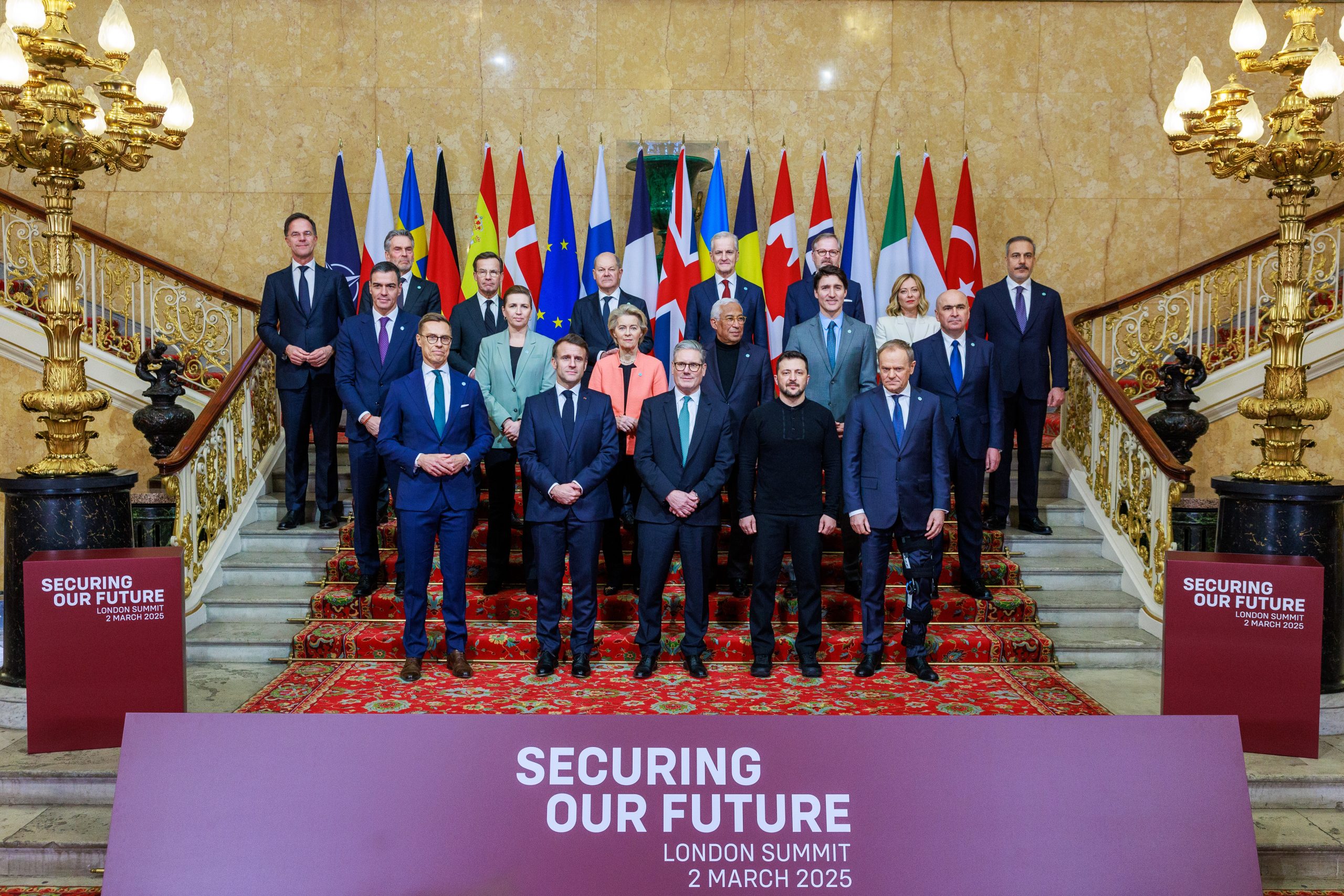This American “peace plan” calls on us Europeans to abandon the idea that the United States will always be our ally and to equip ourselves with political leadership that is not limited to the Union.
First, the facts.
Donald Trump prefers dictatorships to democracies, and the proof of this is that he rushed to Russia’s aid just as its economy was beginning to suffer from the war and that he wanted to twist Ukraine’s arm at the very moment when it was weakened by a resounding corruption scandal.
He prefers the aggressor to the victim, and the proof of this is that his plan did not ask for the slightest concession from Vladimir Putin, but demanded that Volodymyr Zelensky abandon territories occupied by Russia and cede others to him, reduce his military personnel by a third, commit not to join NATO and not even to join the common defence when the European Union opens its doors to him.
Donald Trump does not want to ensure lasting peace in Europe, but to come to an agreement with Vladimir Putin, and the proof is that earlier he had wanted to leave Ukraine defenceless against a Russia whose position would have been strengthened.
In short, he is playing the Russian Federation off against the European Union, proven by the fact that he went behind his European allies’ backs to negotiate an agreement with the Kremlin that would have left them weakened, only to threaten them shortly afterwards.
Whether Donald Trump is being held hostage by the Russian services, driven by ideological collusion with Vladimir Putin or by a desire to attack the EU as an economic competitor, it hardly matters.
For Donald Trump, we are no longer allies of the United States but adversaries to be divided and marginalised. Faced with Vladimir Putin’s imperialism, we cannot count on America, and the first consequence to be drawn from this is that we must stop underestimating ourselves.
The list of our weaknesses is long, but with its unrivalled level of education, its freedoms and a market of 450 million inhabitants, the European Union is more attractive than ever. Not only do many countries wish to become members, but the United Kingdom, Norway, Canada, Japan, Australia and many others are moving ever closer to us in the face of Trump, Putin, Xi or all three.
We must close ranks with the candidate countries and organise a democratic alliance with those close to us; assert ourselves as a political power on the international stage; accelerate our rearmament and use Russian assets to arm Ukraine. For what was once just a common market, the task is daunting, but we are arming ourselves and Ukraine, learning to speak with one voice and have already formed, under Franco-British leadership, a common front of democracies, the Coalition of the Willing, whose members intend to keep this a lasting alliance.
All this is far too slow, appallingly and dangerously insufficient, but we are rising to the challenge enough that the EU Member States and their political partners were immediately able to find a common response to this Russian-inspired American plan.
It is good to want to silence the guns, they said in unison, but… But everything still needs to be studied with the Ukrainians and ourselves, particularly the security guarantees that the United States would be prepared to give to a Ukraine that their plan would have disarmed.
The Europeans and their partners have managed to get the White House to agree to discussions and then to make significant concessions. We Europeans have contributed greatly to turning the tide, but let us not delude ourselves. European institutions were designed for trade, not for war. One day, perhaps, the Union will become the United States of Europe, but we are not there yet and, in the meantime, European democracies and their allies need political leadership.
This cannot be the Commission, an appointed rather than an elected institution, nor the European Council, which is hampered by the requirement for unanimity. This political leadership can be even less an institution of the Union, as it must include states that do not belong to it. It should therefore be made up of the German, British, French, Italian and Polish leaders, a G5 organised by London, Paris and Berlin. This is already emerging and taking shape. Now it needs to be announced and given formal status.
Photo: ©Union européenne, 2025



